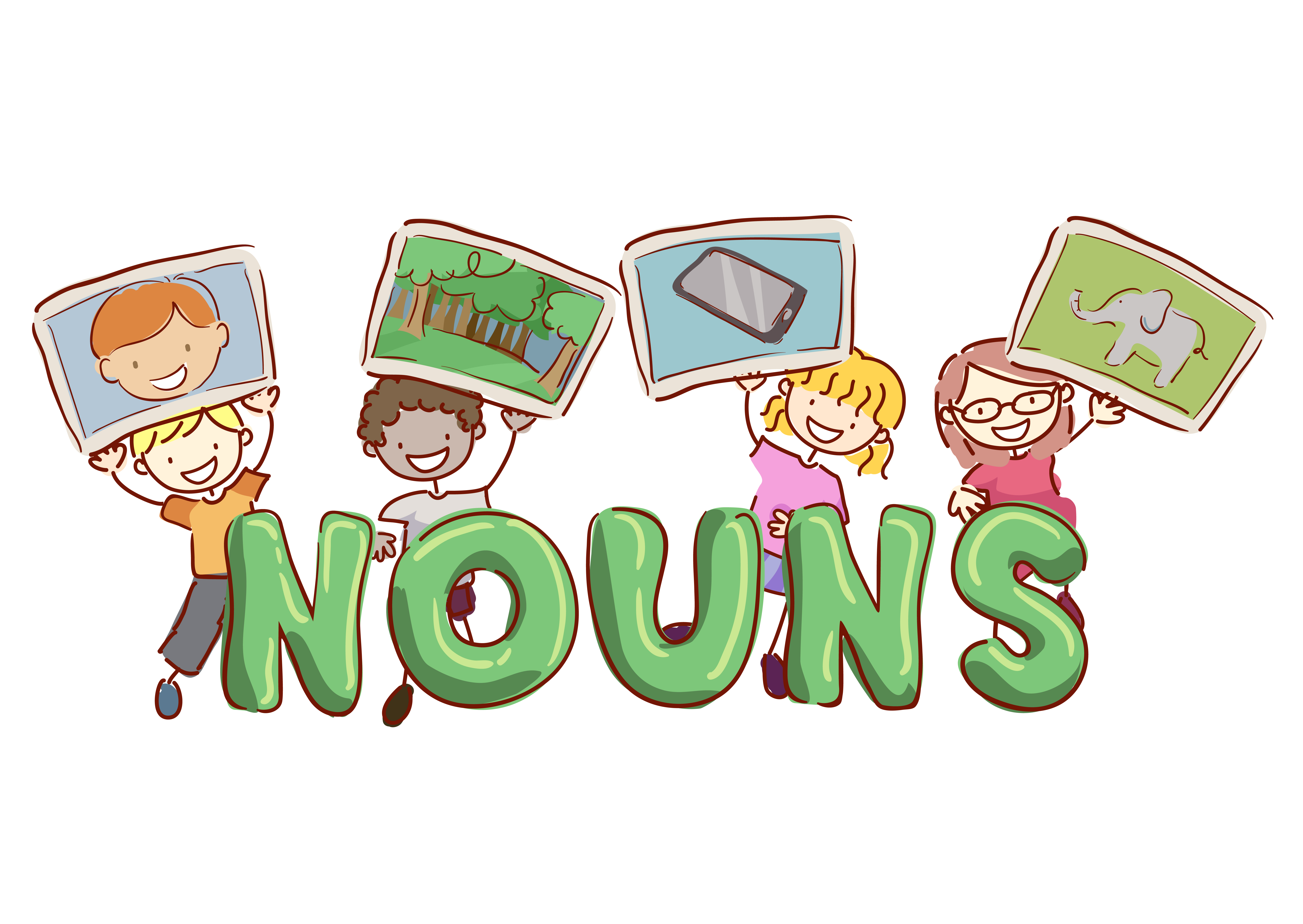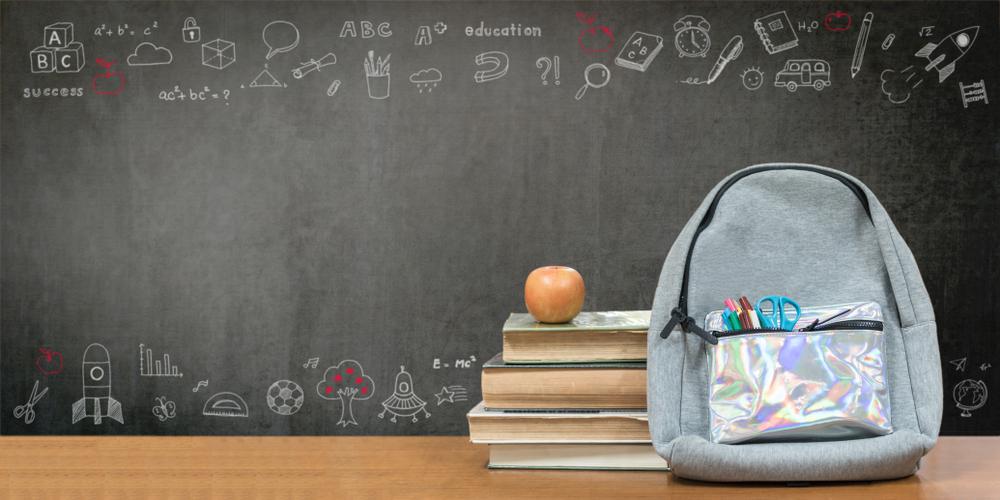Mental math practice Normal Worksheets for Ages 6-8
6 filtered results
-
From - To
Enhance your child's arithmetic skills with our engaging "Mental Math Practice Worksheets" designed specifically for ages 6 to 8. These normal worksheets provide a fun and interactive way for young learners to practice addition, subtraction, and basic multiplication, boosting their confidence and proficiency in math. Each worksheet features age-appropriate exercises that promote critical thinking and problem-solving abilities, making math enjoyable and approachable. Perfect for both classroom and home learning, our resources help students develop important mental math skills essential for their academic journey. Explore our collection today to empower your child to excel in math and enjoy learning along the way!
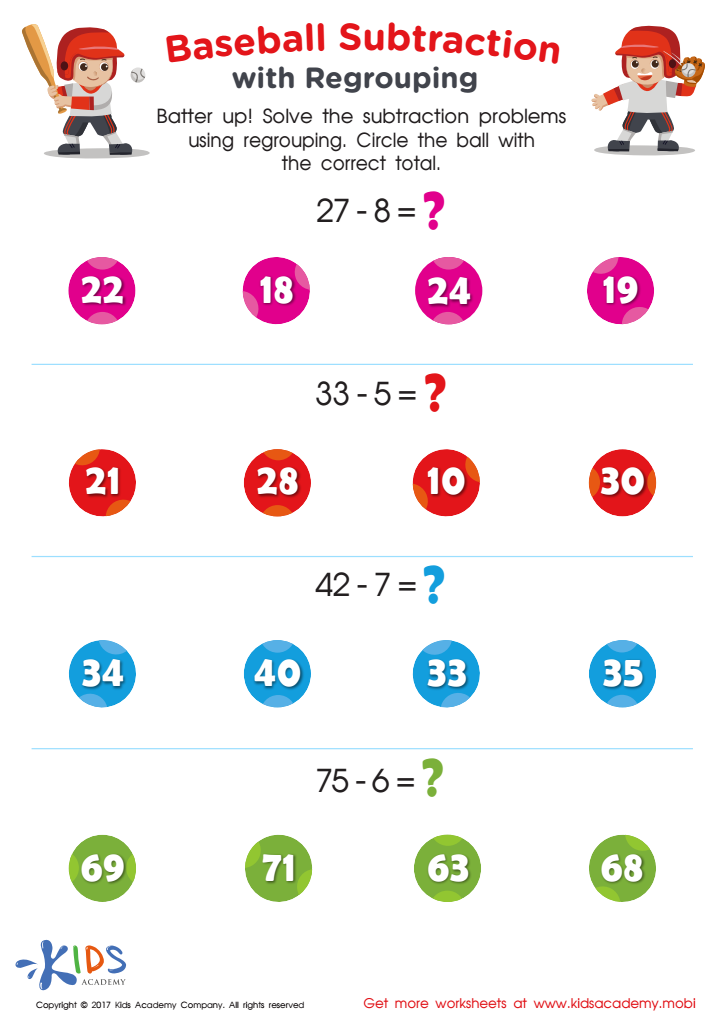

Subtraction With Regrouping for 2nd Grade Worksheet


7 Continents and 7 Seas Worksheet
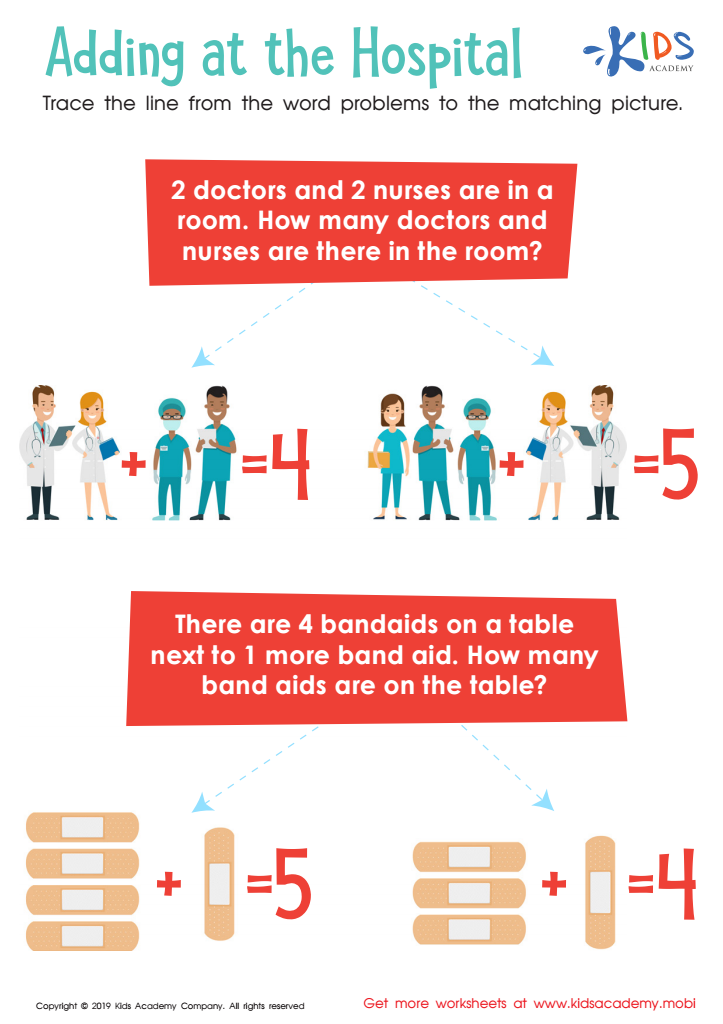

Adding at the Hospital Worksheet


Tricky Problems Worksheet: Part 2
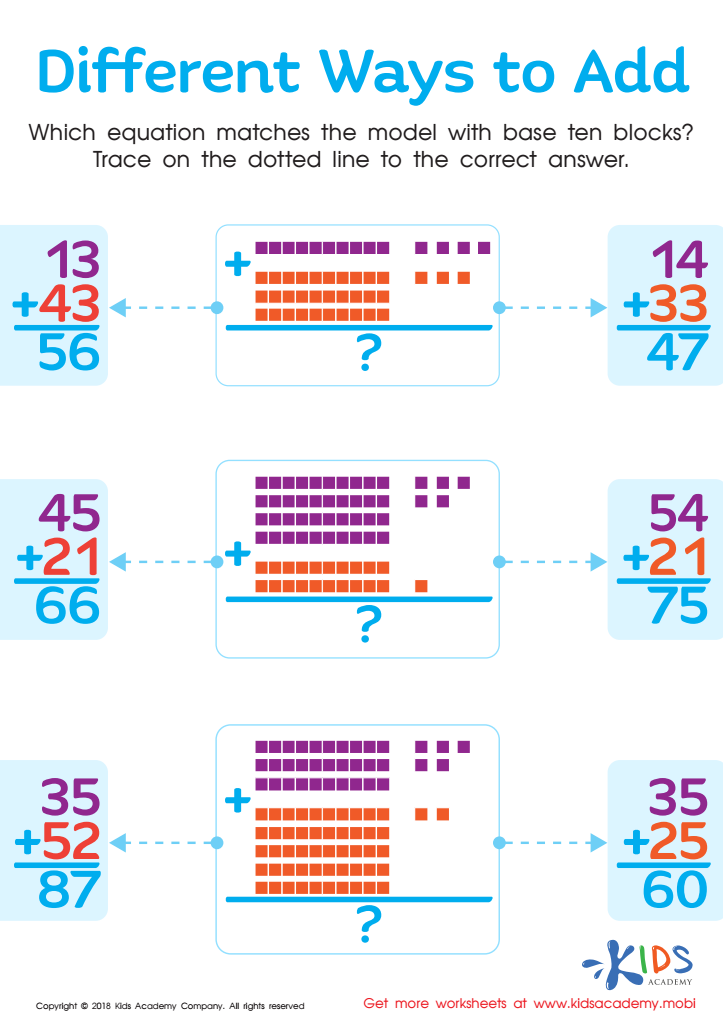

Different Ways to Add Worksheet
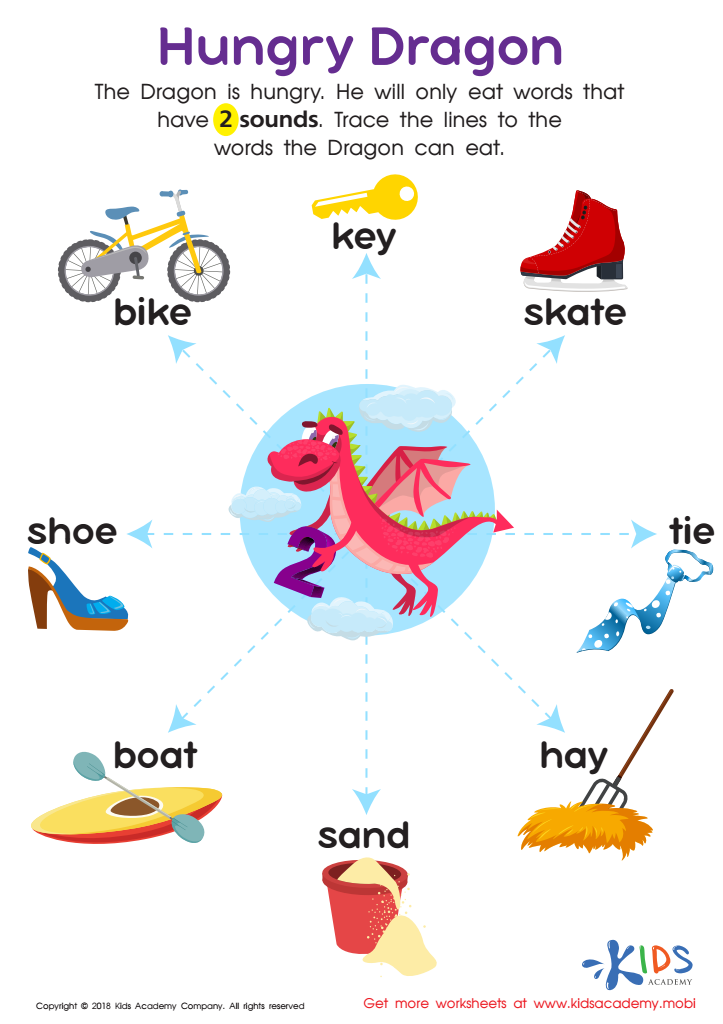

Hungry Dragon Worksheet
Mental math practice for ages 6-8 is crucial for several reasons that impact both academic performance and cognitive development. First, it builds a strong foundation in basic arithmetic skills, as children in this age group are typically learning addition, subtraction, and an introduction to multiplication and division. Mental math encourages quick thinking and helps reinforce number sense, allowing children to perform calculations without the aid of a calculator or paper.
Additionally, practicing mental math fosters confidence in young learners. When children grasp math concepts and can solve problems intuitively, they're more likely to participate actively in classroom discussions and activities, reducing math anxiety further down the line. This positive experience with math can lead to increased interest and engagement in the subject as they progress in their education.
Furthermore, mental math supports the development of critical cognitive skills, such as problem-solving, logical reasoning, and memory retention. Engaging in mental calculations aids in the development of new neural connections, making math concepts more accessible in the future. For teachers and parents, incorporating mental math practice into daily routines not only enhances a child's academic growth but also equips them with essential life skills as they navigate everyday situations involving numbers.

 Assign to My Students
Assign to My Students







